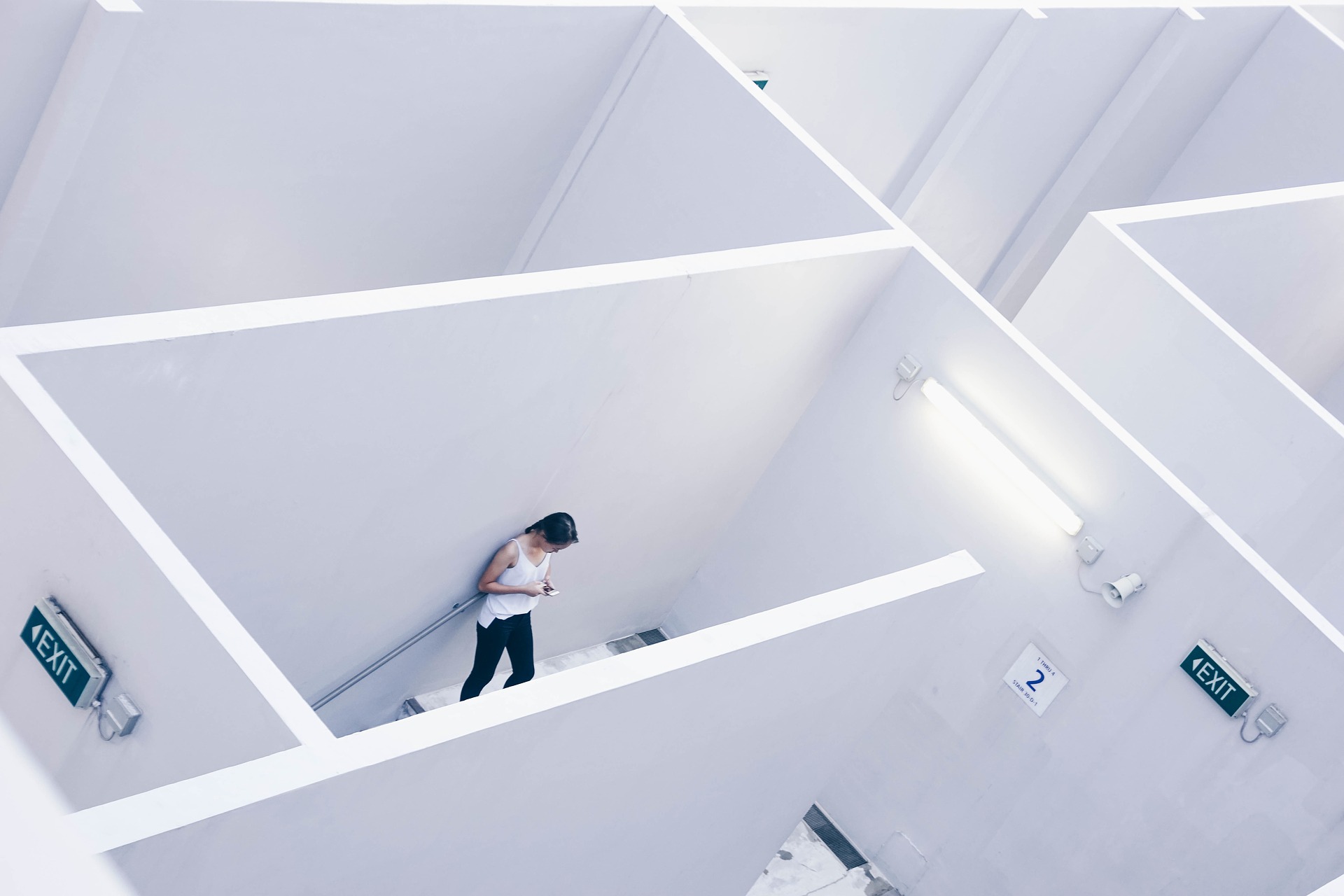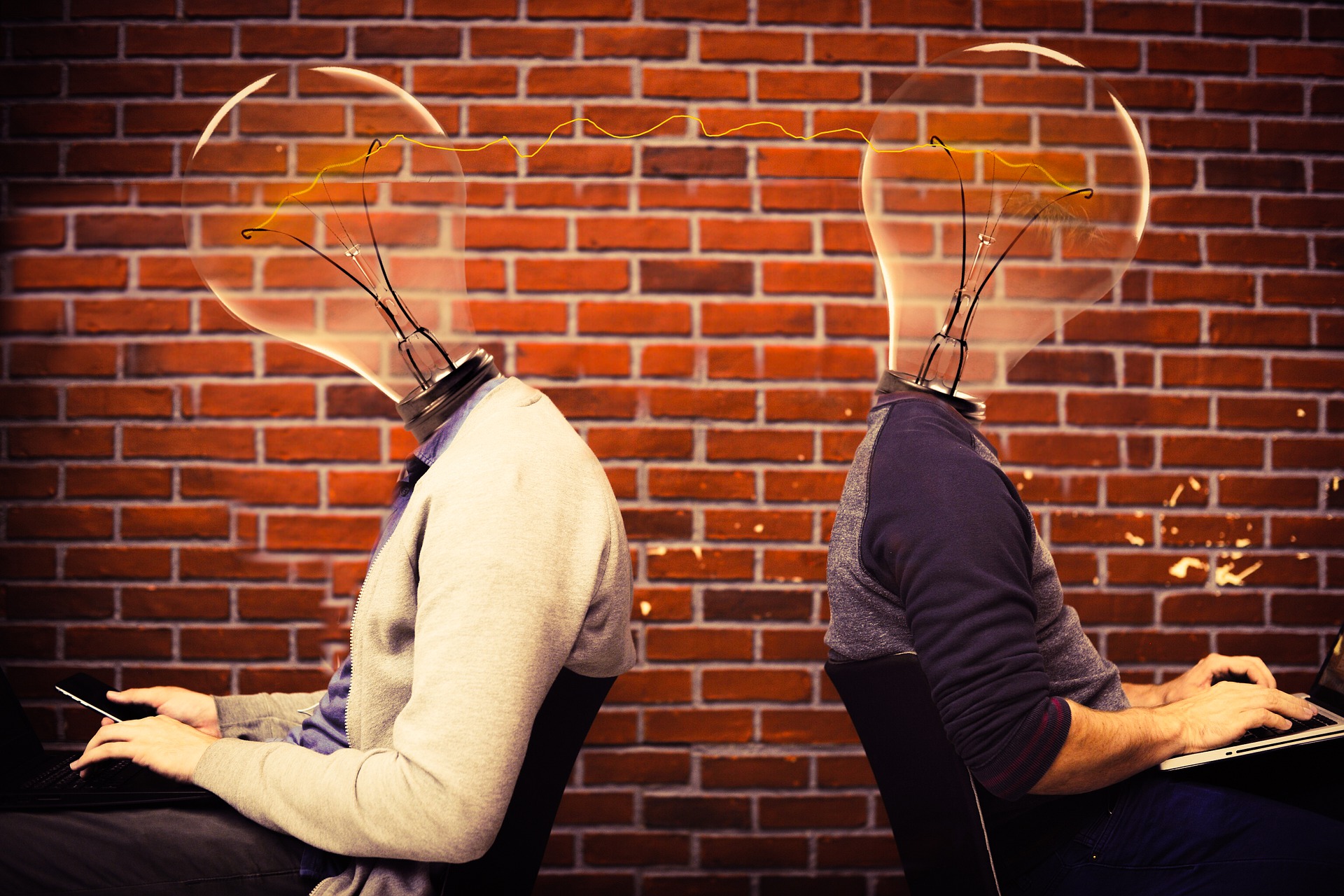By Georgia Collins

The life of an academic can be a solitary one. Wander around the average research institute of a late afternoon and you are likely to see individuals making great efforts to ignore the fact they are in a building full of other people: shut away into tiny isolated offices or crammed into shared workspaces, everyone desperately using ever-larger headphones to try and block out the noise of their colleagues and ‘get on with their work’. Even walking around to get a drink or go to the toilet becomes an exercise in extreme social avoidance. Intense staring at the floor, fixed grimace smiles and glazed eyes, all designed to put anyone off who does happen to look up and think you might be up for a chat. On occasion the ‘I have a deadline’ panic face is observed, often accompanied by the hurried walk. Together these are excellent tools for extreme social avoidance, but must be used in moderation or people start asking if you are done yet – expecting a party, etc. when you are. Busy staff and students can often see other people as a distraction, a nuisance and a drag on their precious work time. We barely restrain our irritation when some poor soul interrupts our intellectual process/ writing of ‘important’ emails/ reading silly things on the internet/ YouTube video watching/ re-reading the same paper for the fifteenth time (select as appropriate). Politeness and the social norm of saying ‘good morning’ are often the only reasons people even look at another human.
It’s a sad state to be in. Here we are, this collection of individuals, clumped together but yet all alone. Each one of us isolated in our enclosed minds; worrying over ever-increasing workloads and failed experiments, panicking over deadlines and trying to figure out what were we supposed to be doing here in the first place.
But all is not so bleak. We do not need to resign ourselves to a life of ignoring people with our strategy of headphones and minimal eye contact for the sake of science. Writing in Nature, Rebecca Heald, Professor of Cell and Developmental Biology at the University of California Berkeley, reveals her key to success in promoting a collaborative and supportive research environment where scientists are encouraged to talk to each other. Together with two other colleagues, she created the ‘Trilab’, a place where scientists from three different groups talked, socialised, worked and shared their research with one another. They even created a special ‘lunch room’ by knocking down a wall in the institute to make a space big enough for them all to have food together .
Professor Heald shows that through fostering a collaborative environment, her own team, as well as the other two labs involved in the ‘Trilab’, benefit from each other’s expertise, friendship and even grant proposals and lab space. They hold joint weekly lab meetings where junior scientists get to hear about a range of different techniques and ideas outside of their own field and learn how to explain their science to non-expert colleagues. This also seems to provide the confidence and space for group members to collaborate and explore new ideas together, leading to new and exciting research directions.
 “What benefits the larger group also benefits the individual lab, and vice versa. A network of human interactions is central to progress and success,” she states. Professor Heald believes that cooperation is key and that leaders of the group should respect and encourage the diversity of a group, as each individual brings a range of experiences to the research team. She also encourages young researchers to seek out places where this sort of environment could occur, but that even where it is difficult to envisage, a collaborative mind-set can improve the health of individual labs in any situation.
“What benefits the larger group also benefits the individual lab, and vice versa. A network of human interactions is central to progress and success,” she states. Professor Heald believes that cooperation is key and that leaders of the group should respect and encourage the diversity of a group, as each individual brings a range of experiences to the research team. She also encourages young researchers to seek out places where this sort of environment could occur, but that even where it is difficult to envisage, a collaborative mind-set can improve the health of individual labs in any situation.
So, next time you plug in your headphones or try to look busy when somebody comes near your desk, why not try smiling and asking them what they are up to? Or tell them what you are stuck on? Maybe we all can start trying to build our network of human interactions. What benefits others is likely to benefit ourselves and, you never know, by reaching out and talking, you might be writing about what happened next in a Nature paper one day yourself.
Read the full piece from Professor Heald:
“A lab co-op helps young faculty members to thrive”. Comment and Opinion. Nature 556, p. 402